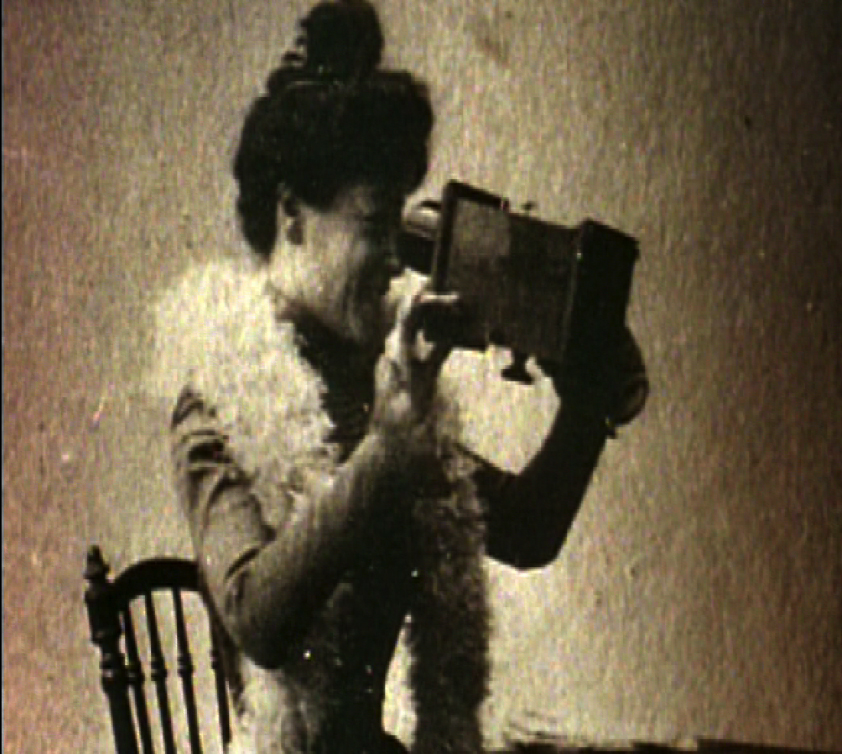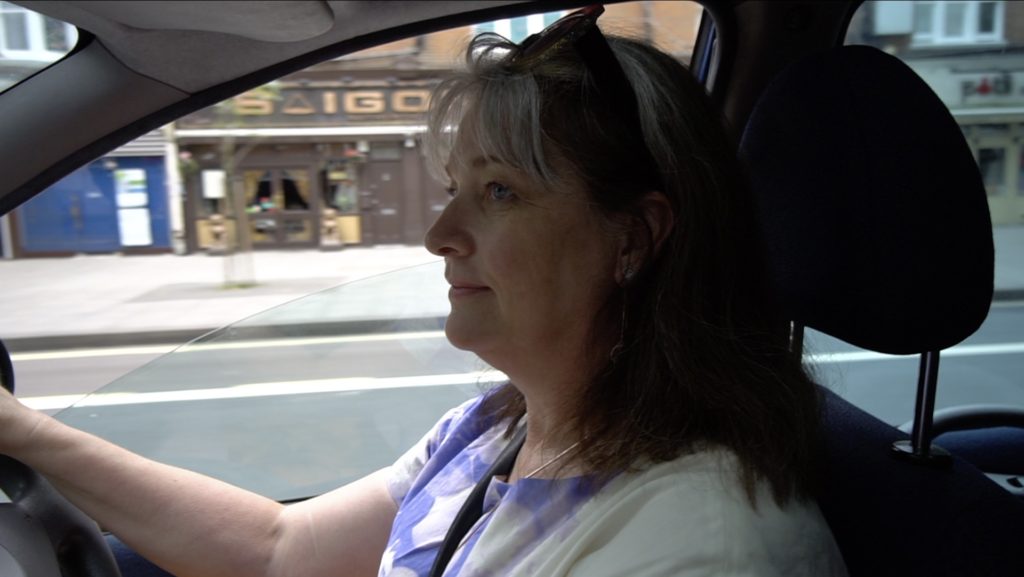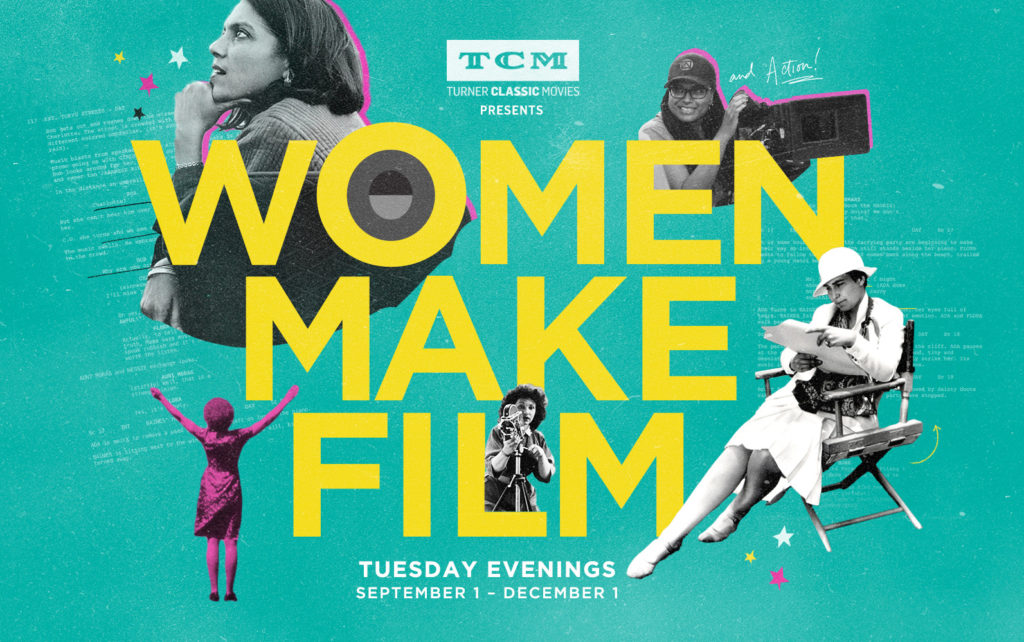Introduction
From the earliest days of cinema, women were present, and often front and center. Filmmakers such as Alice Guy Blaché and Lois Webber were recognized as artists worthy of praise in their own right, even in the face of discrimination. Eventually and unsurprisingly, the inequities they faced in society and in the industry took greater hold, leaving theirs and countless other names as nothing more than the most obscure footnotes in film studies. As a result, the majority of these auteurs and the stories they told have been lost and forgotten to time.

Often when we think about the world of cinema and its history, we assess the lives and careers of the “moguls,” those who made the movies or the “creator,” the ingenious talent behind the camera. Overwhelmingly, these biographies are male. Recent years have heightened anew the constant struggle to recognize women’s varied and extensive contributions to the field.
Rarely do we take full stock of the role women have and continue to play in the shaping of our cinematic literacy. We continue to challenge ourselves and shift our perspective to view the past and present (and future) of cinema “through the female gaze.”
Reevaluating the Role of Women in Film
Enter Women Make Film, a sweeping and comprehensive 14-part event series set to premiere on Turner Classic Movies (TCM) beginning September 1st. The lynchpin for this special programming is the U.S. debut of the documentary Women Make Film: A New Road Movie Through Cinema, created by director and film critic Mark Cousins. This groundbreaking work takes the viewer on a cinematic trot around the globe, immersing them in thematic elements that make movies what they are. All have one thing in common – they were created by women. In total, there are over 100 female directors featured whose work spans from the birth of cinema to the present time.
Each episode contains several chapters (there are 40 in total) and is scheduled to air during the network’s Tuesday Night Prime Time fall lineup. Every week until December 1st, a mini-marathon featuring female-led films complements an episode of the documentary. For a full schedule, click here.
Editor’s Note: As the series progresses, I will share with you my picks on which films I am looking forward to seeing, as well as supplemental recommendations for what I think might interest the audience. Stay tuned for announcements.
Taking a Scholarly Approach
For me, Women Make Film works as a film studies course and a continuation of my education in motion pictures. At the time of this posting, I am only a fraction of the way into the documentary. But what I have observed so far is how effective Cousins is at blending the voiceover and interspersed clips to build his narrative – a narrative conveyed to us by actresses Adjoa Andoh, Jane Fonda, Kerry Fox, Thandie Newton, Tilda Swinton, Sharmila Tagore and Debra Winger. If there is one minor criticism I have to this creative approach, it is that I would have loved to hear from some women film directors as additional guides through this history.

Furthermore, I fully appreciate that there will be some who do not take to this approach to storytelling. But to those folks, I would suggest you still give it a try if for no other reason that it is a wonderful learning opportunity which will result in a deeper appreciation for the history of movies – especially if that is something you are interested in.
And very similar to my experience with Cousins’ The Story of Film: An Odyssey (which debuted on TCM in 2013), I find myself jotting down titles that once I am done with the whole series, I will seek out view in their entirety. As a lover of cinema who has a relatively respectable knowledge base when it comes to the subject (I think), it was a pleasure to discover how much I did not know. The scale and scope of women’s contributions is simply amazing. And basically, the more movies I get to “discover,” the happier I am!
Summary
Women Make Film makes a necessary and impactful statement of how women from across the globe have contributed in big and small ways to the art form and industry that has long diminished or dismissed their work. So open up your notebooks and fire up your DVRs because class is about to be in session.


Leave a Reply